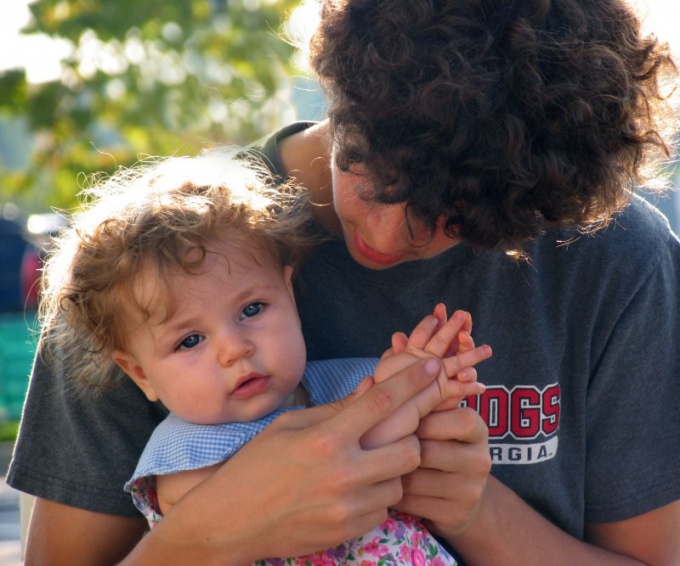Parents of minor children often face difficulties in the implementation of the decision on the sale or exchange of the dwelling, the share of which belongs to the child. A prerequisite for making such transactions is the receipt of the consent of bodies of guardianship and guardianship, as stipulated in the current civil law. The purpose of such conditions is to prevent the violation or infringement of the rights of minors due to the deterioration of its financial situation, so the rule applies not only to parents but also to guardians or caregivers. To obtain the consent of the guardianship parents should know the most common causes of failure of the competent authorities in the approval of the relevant transaction.
The most frequent reasons of failure of authorities in the alienation of the property are:
- the possibility of contestation or annulment of the transaction of purchase and sale or exchange agreement of the property in the future that may lead to homelessness of the child;
- reducing the share in the ownership of the apartment or house that belongs to the child;
another deterioration of living conditions of the child (the acquisition of more affordable real estate, the location purchased property in return sold the house or apartment, etc.).
While the list of specific reasons why a guardianship may be granted a negative decision on a particular transaction, never fixed. It therefore should be guided by the General principle of the inadmissibility of deterioration of living conditions of the child, otherwise the infringement of his proprietary rights as a result of implementation or sale of the property.
If the guardianship is still refused permission for the transaction on alienation of real estate, a possible solution for parents can be challenging the relevant act of the court or another appropriate transaction of sale or barter. Select the first option when there are clear indications of unlawful refusal, the second solution is suitable for cases justified a negative decision, the reasons for the adoption of which was a clear violation of the interests of minors.
The most common causes of failure of authorities in the alienation of the property
The most frequent reasons of failure of authorities in the alienation of the property are:
- the possibility of contestation or annulment of the transaction of purchase and sale or exchange agreement of the property in the future that may lead to homelessness of the child;
- reducing the share in the ownership of the apartment or house that belongs to the child;
another deterioration of living conditions of the child (the acquisition of more affordable real estate, the location purchased property in return sold the house or apartment, etc.).
While the list of specific reasons why a guardianship may be granted a negative decision on a particular transaction, never fixed. It therefore should be guided by the General principle of the inadmissibility of deterioration of living conditions of the child, otherwise the infringement of his proprietary rights as a result of implementation or sale of the property.
What to do when you receive a negative decision of the guardianship?
If the guardianship is still refused permission for the transaction on alienation of real estate, a possible solution for parents can be challenging the relevant act of the court or another appropriate transaction of sale or barter. Select the first option when there are clear indications of unlawful refusal, the second solution is suitable for cases justified a negative decision, the reasons for the adoption of which was a clear violation of the interests of minors.
